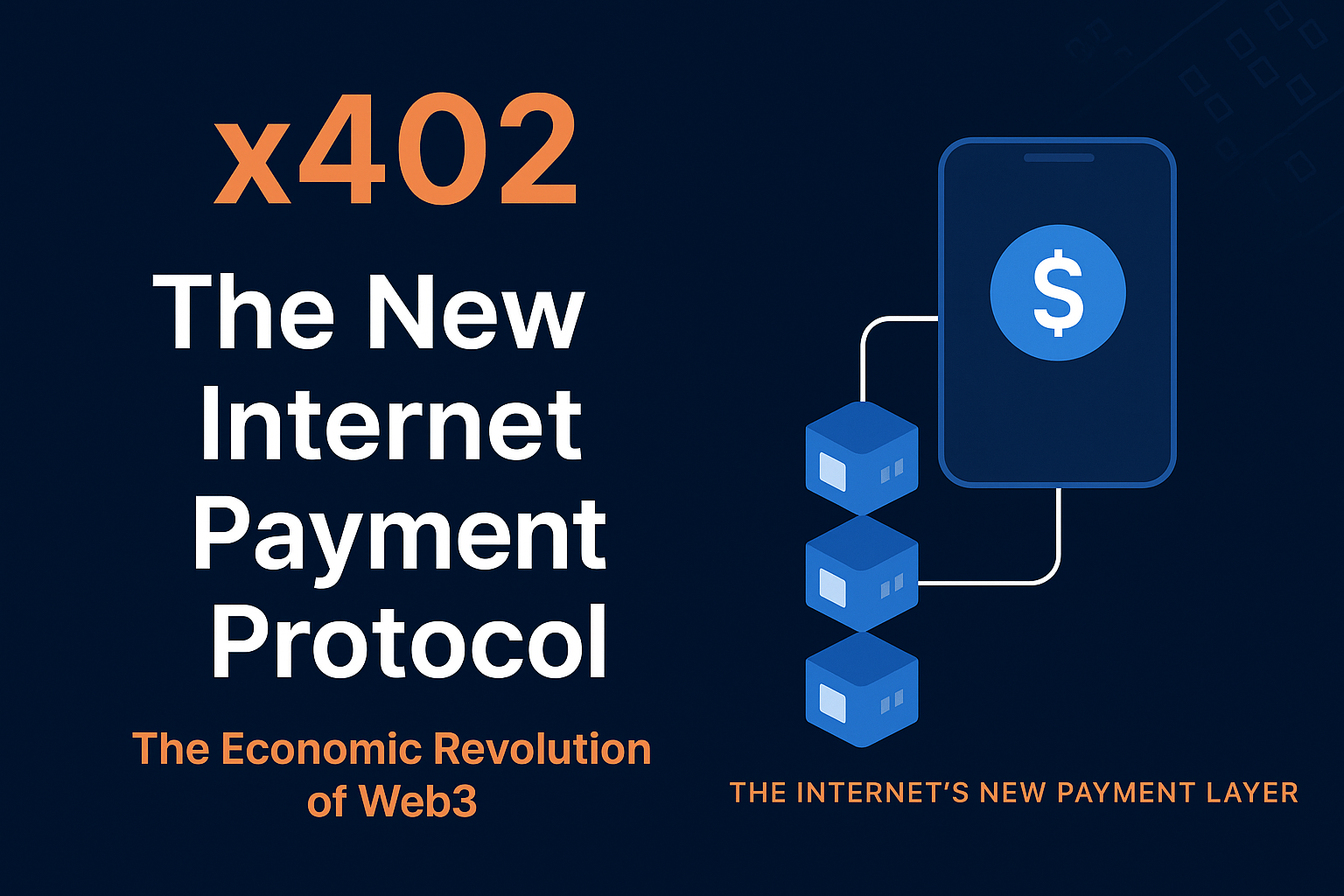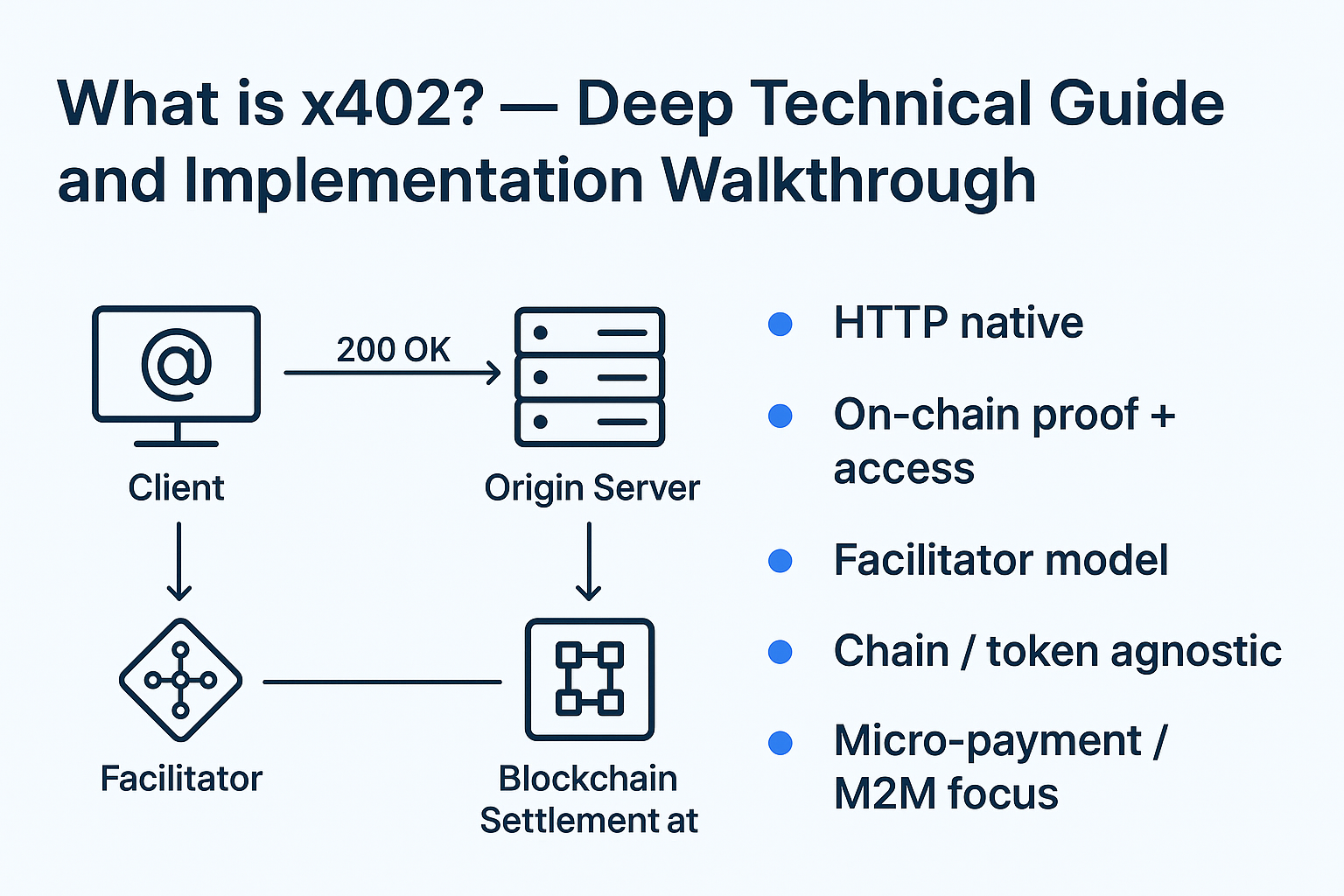1. Importance of Crypto Security
Cryptocurrencies have revolutionized the financial world, but they also come with risks such as cyberattacks and fraud. Unlike traditional banking systems, cryptocurrency transactions are irreversible, making security a top priority for investors.
Example: In 2022 alone, approximately $3.8 billion worth of cryptocurrencies were stolen through hacking attacks.
2. Essential Security Measures
2.1. Use Strong Passwords
- Create passwords with at least 12 characters, including letters, numbers, and symbols.
- Use different passwords for each platform.
- Utilize password managers to securely store and manage passwords.
2.2. Enable Two-Factor Authentication (2FA)
- Activate 2FA using apps like Google Authenticator or Authy instead of SMS for enhanced security.
- Avoid SMS-based authentication to prevent SIM swap attacks.
2.3. Store Funds in Cold Wallets
Keep your crypto assets offline in cold wallets to avoid online hacking attempts.
Types of Wallets:
- Hardware Wallets: Devices like Ledger and Trezor for offline storage.
- Paper Wallets: Physical printouts of private keys stored securely.
Tip: Keep only a small portion of your funds in hot wallets (online) for trading purposes.
2.4. Choose Trusted Platforms
- Use exchanges with SSL encryption, 2FA, and insurance coverage.
- Platforms like Binance, Coinbase, and Kraken are widely trusted.
2.5. Regular Backups
- Backup your wallet and private keys offline.
- Store backups in secure physical locations like safes or bank vaults.
3. Advanced Security Tips
3.1. Avoid Phishing Attacks
- Always verify email addresses and website URLs before clicking any links.
- Never share private keys or login credentials.
3.2. Audit Smart Contracts
Before investing in DeFi projects, check the smart contract codes for vulnerabilities.
Tools: Use platforms like Etherscan or BscScan for contract analysis.
3.3. Use VPNs for Secure Connections
- Avoid public Wi-Fi networks.
- Use VPN services to encrypt your internet traffic and protect your IP address.
3.4. Employ Firewalls and Antivirus Software
- Install security software on your devices.
- Enable automatic updates to guard against malware and spyware.
3.5. Multi-Signature Wallets
Enhance security by using wallets that require multiple approvals for transactions. This is especially useful for businesses and joint investments.
4. Common Threats and How to Mitigate Them
| Threat Type | Description | Protection Method |
|---|---|---|
| Phishing Attacks | Fake emails and links designed to steal private keys. | Verify sources before clicking links or downloading files. |
| SIM Swap Attacks | Hijacking phone numbers to bypass 2FA. | Use app-based 2FA instead of SMS. |
| Ponzi Schemes and Scams | Fake investment schemes promising high returns. | Research projects thoroughly before investing. |
| Malware and Keyloggers | Malicious software to steal wallet information. | Use antivirus software and firewalls. |
5. Real-World Cases: Lessons Learned
Case 1: Mt. Gox Hack (2014)
- Impact: 850,000 BTC stolen, resulting in the collapse of one of the largest exchanges.
- Lesson: Avoid keeping all funds on centralized exchanges.
Case 2: FTX Collapse (2022)
- Impact: Liquidity crisis and billions in losses for users.
- Lesson: Always store the majority of your funds in cold wallets.
6. Best Practices for Crypto Security
- Use Cold Wallets: Store long-term investments offline.
- Enable 2FA: Protect exchange accounts with strong two-factor authentication.
- Watch for Phishing Scams: Be vigilant about fake emails and links.
- Update Software: Keep your devices and applications updated to avoid vulnerabilities.
- Research Platforms: Only trade and store funds on well-reviewed, secure platforms.
7. Final Thoughts
Crypto investments offer significant opportunities, but also come with unique risks. By adopting strong security measures, investors can safeguard their assets against potential threats.
Key Takeaways:
- Cold wallets provide the highest level of security.
- 2FA and strong passwords are must-haves for every investor.
- Avoid centralized exchanges for long-term storage.
- Always stay updated on the latest security practices.
Note: This article is for informational purposes only and does not constitute financial advice. Consult a professional advisor before making investment decisions.







